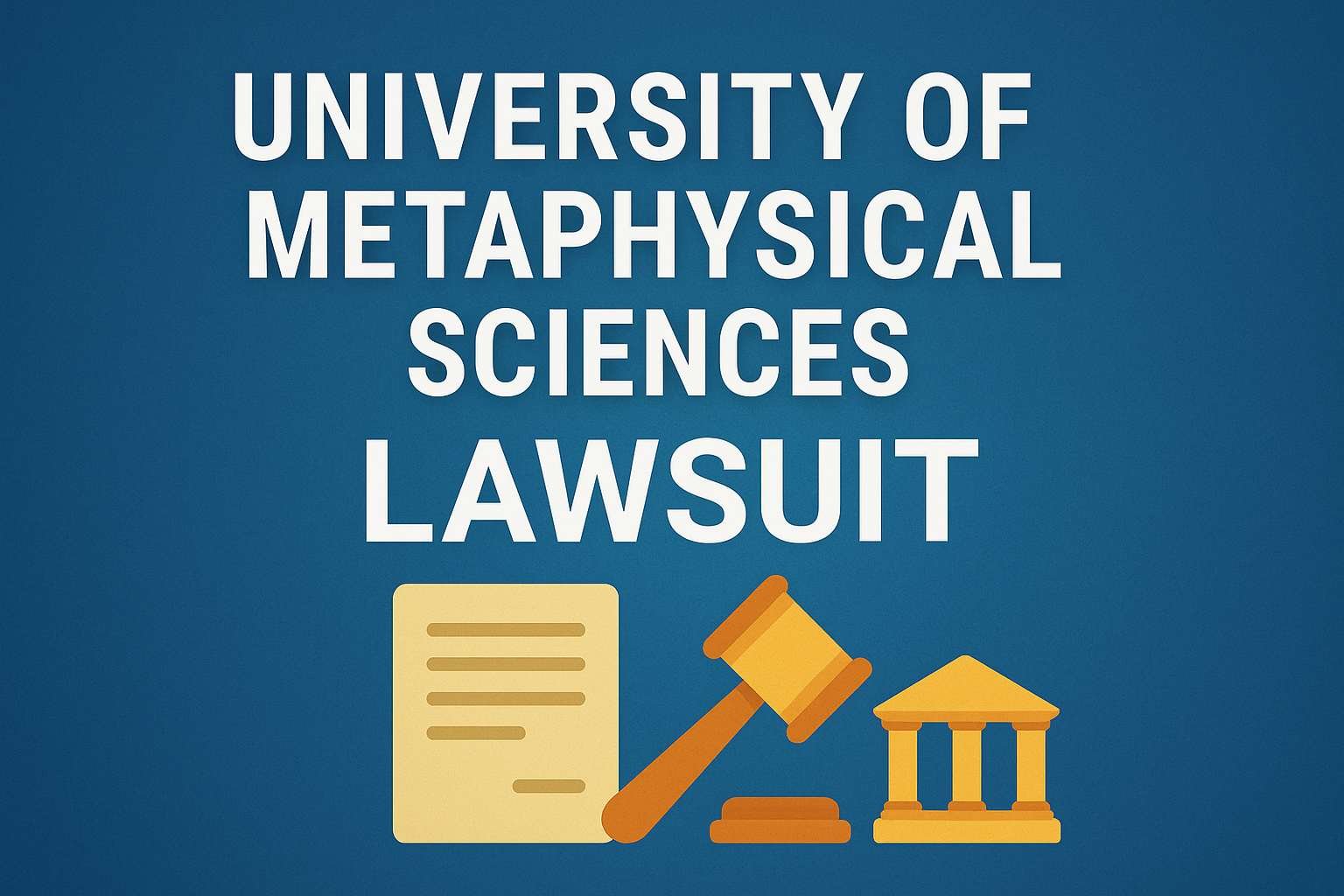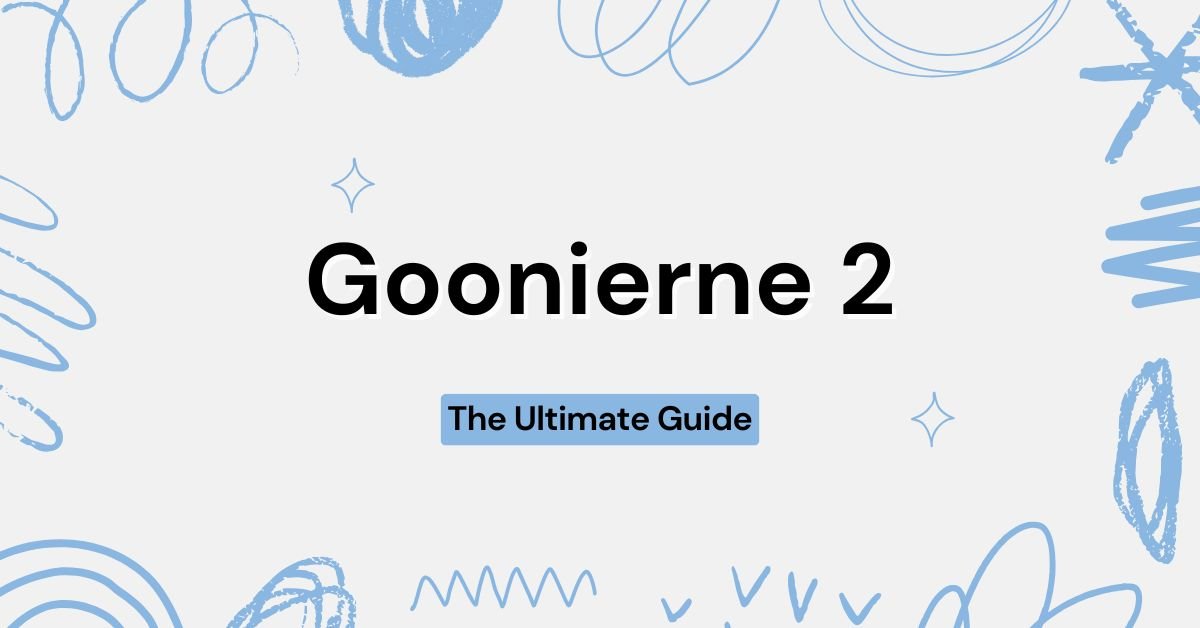Introduction to the University of Metaphysical Sciences
The University of Metaphysical Sciences (UMS) is a private distance-learning institution offering degrees in metaphysical studies.
The university of metaphysical sciences lawsuit caught national attention for its unusual nature and eventual dismissal. Founded by Dr. Christine Breese, UMS has long served students seeking education in spirituality, consciousness, holistic healing, and personal transformation.
University of Metaphysics vs University of Metaphysical Sciences – What Sets Them Apart?
The debate surrounding the university of metaphysics vs university of metaphysical sciences often arises among spiritual education seekers. Although they share similar nomenclature, these two institutions are distinctly different in structure, purpose, and approach.
| Feature | University of Metaphysics | University of Metaphysical Sciences |
|---|---|---|
| Founded By | Dr. Paul Leon Masters | Dr. Christine Breese |
| Type of Institution | Religious Organization | Private Spiritual University |
| Accreditation | Religious Exemption via IMM | Religious Exemption via Wisdom of the Heart Church |
| Curriculum Focus | Ministerial and Pastoral Training | Metaphysical Healing and Spiritual Psychology |
| Legal Controversies | None known | Involved in the 2025 university of metaphysical sciences lawsuit (Dismissed) |
Overview of the 2025 Lawsuit
Origin of the Dispute
The legal conflict began with an allegation from a competitor institution claiming that UMS ran deceptive Google Ads intended to redirect or confuse potential students. The plaintiff alleged that these ads used misleading keywords or brand terms to capitalize on their own school’s visibility.
This claim, if true, could suggest a violation of intellectual property or misleading marketing practices. But from the outset, UMS denied these allegations, stating that no such ads were ever authorized or executed.
Legal Claims and Allegations
The lawsuit centered around three main accusations:
- Unauthorized use of a competitor’s name or brand terms in advertising.
- Deliberate redirection of online traffic through false advertising.
- Damage to business reputation and loss of revenue.
Importantly, none of the claims involved students, educational content, tuition practices, or the accreditation status of UMS.
Timeline of Events
The dispute followed a winding path:
- Early 2024: The competitor files suit, alleging deceptive ad practices.
- Late 2024: UMS files a counterclaim, arguing the lawsuit is frivolous and retaliatory.
- Spring 2025: Mediation efforts stall.
- May 12, 2025: Both parties mutually agree to dismiss all claims.
- June 16–20, 2025: The trial—previously scheduled—was canceled.
Parties Involved in the Case
The University of Metaphysical Sciences
UMS offers Bachelor’s, Master’s, and Doctorate degrees in metaphysical topics. Courses are accessible worldwide and focus on spiritual psychology, energy work, and metaphysical philosophy. The university operates online and through its sister organizations like Wisdom of the Heart Church and Gaia Sagrada Retreat Center.
The Claimant (Competitor Background)
Although not officially named in court documents available to the public, UMS described the plaintiff as a long-time competitor. This entity had previously engaged in two other lawsuits against UMS, both of which were also dismissed. The plaintiff allegedly invested over $1.5 million in total litigation efforts.
Key Legal Issues Raised
Alleged Misuse of Google Ads
The core issue revolved around search engine advertising, where UMS was accused of placing ads that misused a competitor’s brand terms. According to UMS, no such campaigns were ever run, and all their marketing follows ethical standards.
UMS even offered to have both parties produce Google account data for verification. This request was never honored by the claimant.
Defamation and Online Reputation Management
While defamation wasn’t part of the legal filing itself, it became a central point of public debate. UMS claimed the lawsuit was just one tactic in a broader reputation attack, including:
- Creating fake news sites
- Running SEO sabotage campaigns
- Placing misleading search suggestions like “UMS lawsuit Sedona Arizona”
The Role of Predatory Litigation
UMS labeled the entire case as an example of “predatory litigation”—a tactic where lawsuits are filed not to win legally, but to harm reputations and drain financial resources.
Court Proceedings and Developments
Pre-Trial Motions
Before reaching trial, both sides filed motions and responses. UMS tried to have the case dismissed early due to lack of evidence, but the court allowed it to proceed to mediation first.
Mediation Attempts
Mediation failed to bring the sides together. UMS insisted it had no wrongdoing to confess, while the plaintiff refused to withdraw claims unless damages were paid.
Official Dismissal on May 12, 2025
In a joint move, both parties dismissed all claims with prejudice—meaning the case cannot be refiled. This legally closed the case and no liability was assigned to either party.
What the Case Was Not About
Clarifying Misinformation About Accreditation
Some online articles falsely claimed that the university of metaphysical sciences lawsuit challenged UMS’s legitimacy or accreditation. These claims are entirely untrue. The case was strictly about Google Ads—not about academics, degree validity, or student experiences.
UMS operates transparently under a religious exemption, awarding degrees through Wisdom of the Heart Church. It does not claim regional accreditation and discloses this clearly to prospective students.
No Involvement of Students or Tuition Concerns
Contrary to false narratives, no students were involved, nor were tuition refunds, diplomas, or coursework disputed in any way. The case was strictly between two organizations, focusing on digital advertising disputes and alleged brand misuse.

Impact on the University’s Reputation
Media Response
The media response to the lawsuit was initially sensational and misleading. Headlines used attention-grabbing phrases like “Sedona lawsuit” to boost SEO visibility—even though the case had no connection to Sedona, Arizona.
Online Disinformation Campaign
UMS claims to have been the target of a deliberate fake news and digital defamation campaign, including:
- Over 600 fake articles created and distributed online
- Manipulated Google autocomplete suggestions like “UMS lawsuit Sedona Arizona”
- Paid posts and backlinks to false claims published on obscure blogs
These tactics created the illusion of widespread scandal and reinforced a negative narrative around the university of metaphysical sciences lawsuit, despite its lack of substance.
UMS’s Official Response
Statements from Dr. Christine Breese
Dr. Christine Breese addressed the matter publicly multiple times via Medium. She emphasized:
“We never ran those ads. We’ve spent years defending ourselves from this competitor’s harassment. This lawsuit was the third attempt, and it failed again.”
She reassured UMS students, alumni, and supporters that the institution continues to operate with integrity and ethical standards.
Internal Policy Revisions Post-Litigation
Following the lawsuit, UMS took steps to strengthen its legal and public relations position:
- Retained dedicated legal counsel for long-term defense strategy
- Archived all Google Ads and marketing materials for future verification
- Created a PR task force to address misinformation and educate the public
These changes aim to protect the institution against future legal and digital attacks.
The Larger Pattern of Legal Targeting
History of Prior Lawsuits by the Same Party
This was not the first time UMS had been sued by the same competitor:
- 2017: Lawsuit filed and dismissed during discovery
- 2020: Second case dismissed by the court
- 2024–2025: Final attempt dismissed by mutual agreement
In all cases, UMS prevailed without paying damages or admitting any wrongdoing.
Financial & Operational Impact on UMS
Despite winning each case, the process took a toll. UMS spent hundreds of thousands of dollars on legal fees and diverted staff from student-centered operations.
Yet, UMS remained resilient—continuing to grow, serve its student base, and host retreats at Gaia Sagrada, showing its deep-rooted commitment to metaphysical education.
Understanding Predatory Litigation in Education
Definition and Examples
Predatory litigation is when lawsuits are filed with the intention of harassing or damaging a competitor rather than resolving a legitimate grievance. This tactic is often used in niche sectors, where one strong player can disrupt the ecosystem.
Common features include:
- Filing multiple lawsuits over minor or unproven claims
- Draining resources through prolonged legal processes
- Using media coverage to spread fear, uncertainty, and doubt (FUD)
How UMS Allegedly Became a Target
UMS’s success, global visibility, and expanding reach made it a natural target for smaller institutions. According to their public statements, the competitor may have used lawsuits as a way to undercut their growth, discourage enrollment, and smear their reputation online.
Digital Defamation and SEO Manipulation
Tactics Used in Negative SEO
UMS has publicly stated it was the target of an elaborate negative SEO campaign—a strategy where search engine manipulation is used to damage a brand’s reputation. Alleged tactics included:
- Creating 600+ fake blog posts and news articles attacking UMS.
- Generating search engine autocomplete suggestions like “university of metaphysical sciences lawsuit Sedona Arizona” to associate UMS with false scandals.
- Publishing fraudulent backlinks from low-quality or misleading sites to amplify false accusations.
- Circulating copied or plagiarized content across multiple domains to game search engine rankings.
The goal of these techniques, UMS claims, was to create an artificial illusion of widespread legal controversy, even though the only real case was dismissed.
How UMS Combated the Fake News Network
In response, UMS launched a multifaceted digital defense:
- Published factual updates on trusted platforms like Medium to counter false narratives.
- Issued takedown requests under the Digital Millennium Copyright Act (DMCA) for plagiarized or defamatory content.
- Began building a comprehensive evidence archive for possible legal action against bad actors.
- Educated its students and community about how to identify fake articles, empowering them to distinguish truth from misinformation.
What This Means for Current and Prospective Students
Is UMS Still Credible and Safe?
Yes—absolutely. The university of metaphysical sciences lawsuit did not result in any finding of wrongdoing. It was dismissed by both parties without prejudice, meaning no fault or liability was assigned.
UMS remains fully operational, legally compliant, and deeply focused on providing quality metaphysical education. Its degrees are offered through Wisdom of the Heart Church, and students continue to report high satisfaction through retreats, coursework, and alumni outcomes.
Programs, Accreditation, and Student Outcomes
UMS is not regionally accredited, but it offers valid spiritual degrees under religious exemption status—a well-known and legally recognized practice for religious institutions.
Students at UMS gain training in:
- Meditation and Mindfulness
- Energy Healing Modalities
- Past Life Regression
- Spiritual Counseling
- Metaphysical Philosophy
Thousands of graduates have used their education for personal growth, spiritual practice, coaching, or to lead workshops and retreats.
Legal Takeaways and Lessons Learned
Importance of Legal Resilience
The UMS case proves that even fringe or spiritual schools must invest in:
- Clear marketing compliance (no gray areas)
- Comprehensive documentation of campaigns and claims
- Legal representation ready to act quickly and strategically
These lessons are critical for all emerging educational brands in non-mainstream disciplines.
Protecting Educational Institutions from Defamation
To combat coordinated attacks, UMS recommends:
- Creating content-rich web properties with accurate information.
- Encouraging positive reviews from real students.
- Using legal tools like cease-and-desist letters and potential defamation suits against persistent offenders.
By staying proactive, UMS believes educational institutions can protect their mission and trustworthiness even in hostile digital climates.
Conclusion – The Final Word on the Lawsuit
The university of metaphysical sciences lawsuit has now come to a final close. It was not about student fraud, academic misconduct, or tuition abuse. It was a business dispute between educational competitors—one rooted in an accusation about Google Ads that never went to trial.
UMS not only emerged legally unscathed but also more fortified, transparent, and respected by those who value truth and spiritual education. Their handling of the ordeal shows that even in the face of targeted legal and digital sabotage, resilience, ethics, and clarity can prevail.
FAQs About the University of Metaphysical Sciences Lawsuit
1. Was UMS found guilty in the lawsuit?
No. The case was dismissed on May 12, 2025, by mutual agreement. No fault was assigned to either party.
2. Did the lawsuit involve students or tuition issues?
No. The dispute focused solely on alleged Google Ads—students, accreditation, and tuition were never involved.
3. Is UMS a real or fake school?
UMS is a legally operating spiritual university offering metaphysical degrees under religious exemption. It is transparent about its accreditation model.
4. Why does so much negative content exist about UMS online?
UMS claims it was targeted in a fake news and SEO attack involving over 600 plagiarized articles designed to damage its reputation.
5. Did UMS ever run misleading Google Ads?
UMS strongly denies this and asked for both parties to share ad account data. The plaintiff dropped the case before any such evidence was reviewed in court.
6. How can I verify UMS’s credibility as a student?
Visit UMS’s official website, read verified student testimonials, and check public legal records. Avoid unverified blogs that repeat misinformation.











